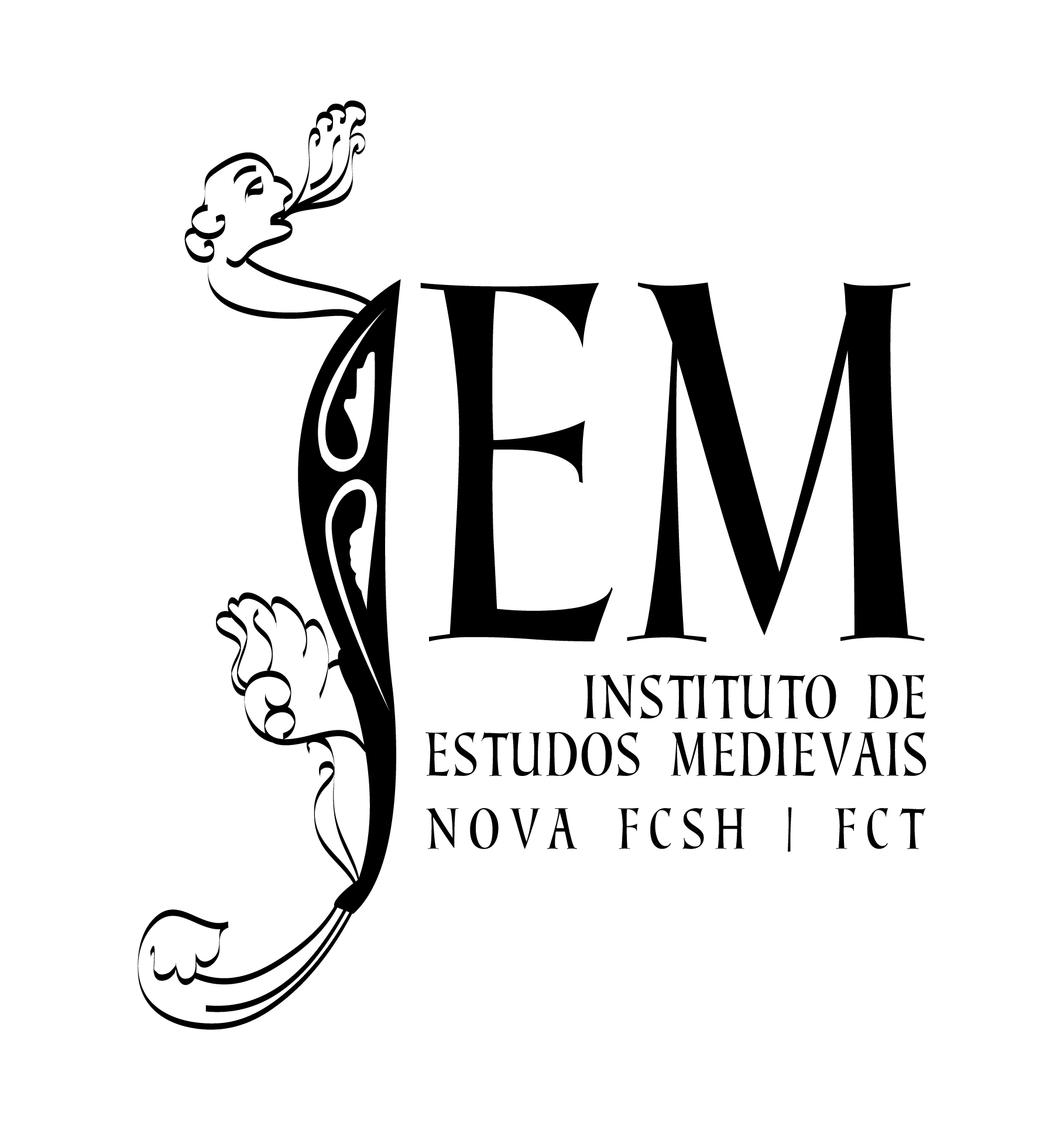Medieval troubadour
Bibliographic notes
Troubadour of Galician origin, belonging probably to a lineage established on the banks of the river Ulla, between Santiago de Compostela and Lugo. He was the son of Lopo Rodrigues de Ulhoa and, probably, of Maria Fernandes Batissela (and not of Teresa Fernandes de Trava, as indicated by the Book of Lineages). Actually, the lineage books also tell us that João Lopes de Ulhoa was knight in a military order (although they don’t specify which one), which seems to be confirmed by a document from the Galician magnate Dom Rodrigo Gomes de Trava, dated 1238, and witnessed by a certain “João Lopes, comendador de Faro” that should be our troubadour. In a date also difficult to specify he should have moved to Portugal, where he married Sancha Lourenço Taveira, being documented in the Portuguese Extremadura between 1265 and 1286, at which point he should be relatively old, since he makes a donation to the S. Vicente monastery for his wife’s soul.It should be added that, regarding the military order to which João Lopes would have belonged, the documents seem contradictory, since the aforementioned comenda of Faro would be the one in Burgo de Faro, Galicia, in the hands of the Templars; but there are equally documents that seem to relate the troubadour to the Hospitalários (in the repartimiento of Murcia there are lands given, between 1266 and 1272, to a knight belonging to this order, named João Lopes de Ulloo) and even to the order of Alcântara (a document ceding assets to this order, dated 1271 and signed in Sabugal). Like Ron Fernández1, the researcher that provided these last informations, we believe that the oddness of these facts seems to point to the presence of one or two homonyms, which introduce some uncertainty in the above mentioned biographical data.
Bibliographic references
1
Ron Fernández, Xavier
(2005),
“Carolina Michaelis e os trobadores representados no Cancioneiro da Ajuda”, in Carolina Michaelis e o Cancioneira da Ajuda hoxe
Santiago de Compostela, Xunta de Galicia
Access the web page
2
Oliveira, António Resende de
(1994),
Depois do espectáculo trovadoresco. A estrutura dos cancioneiros peninsulares e as recolhas dos séculos XIII e XIV
Lisboa, Edições Colibri
3
Souto Cabo, José António
(2012),
Os cavaleiros que fizeram as cantigas. Aproximação às origens socioculturais da lírica galego-portuguesa
Niterói, Editora UFF
Access the web page


